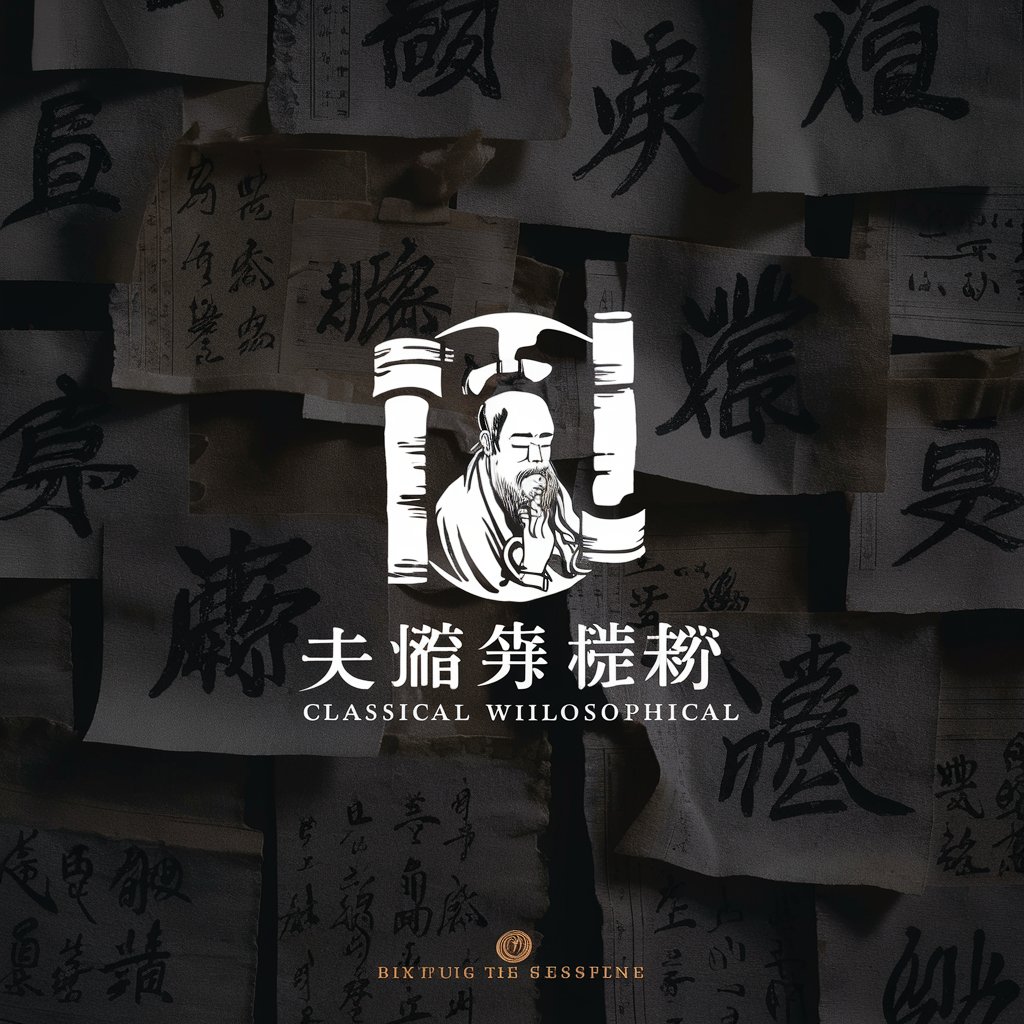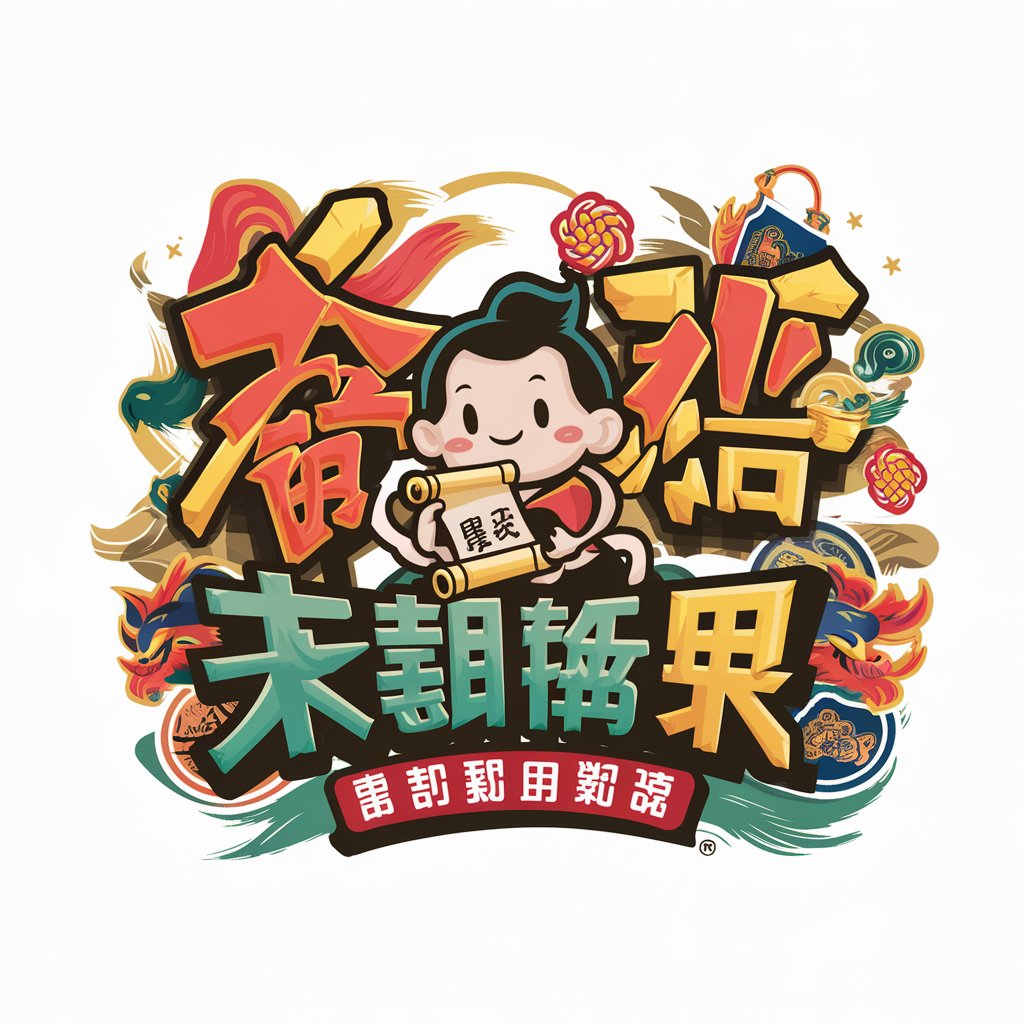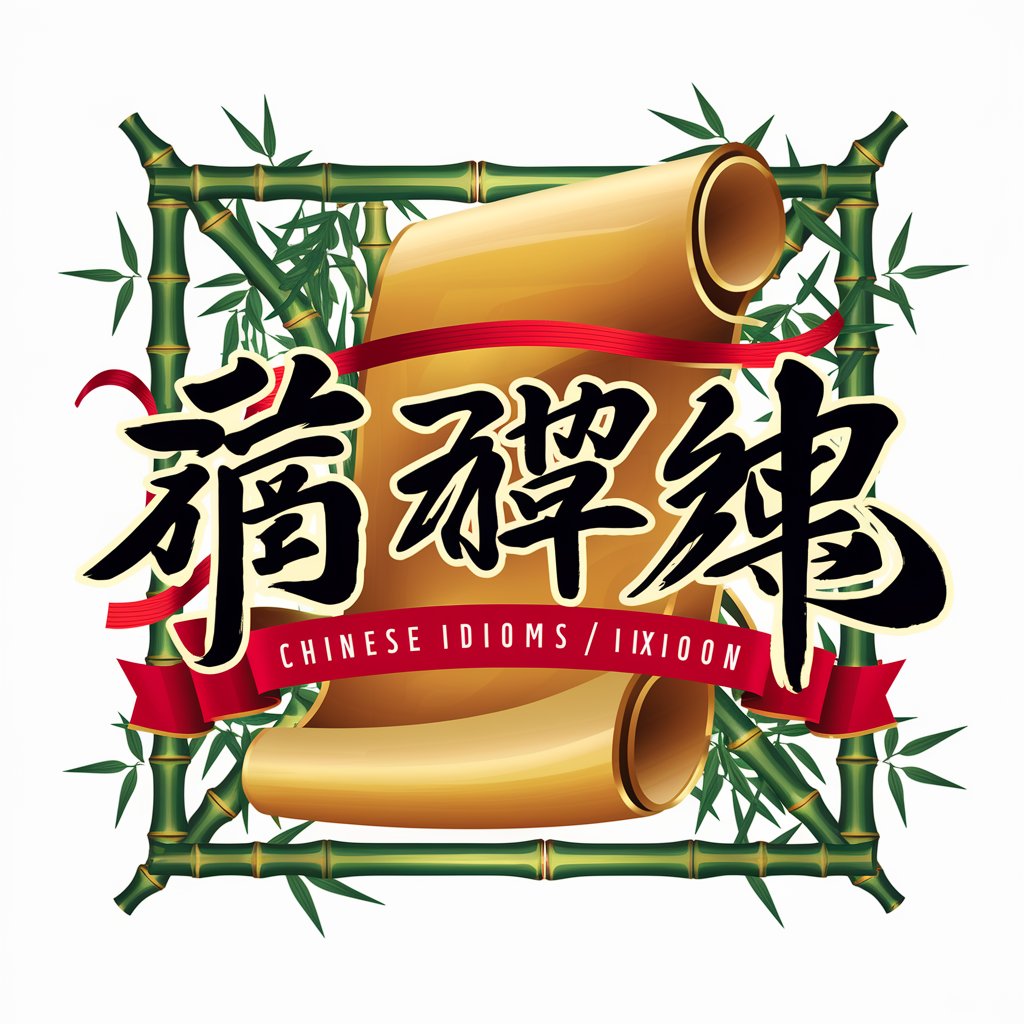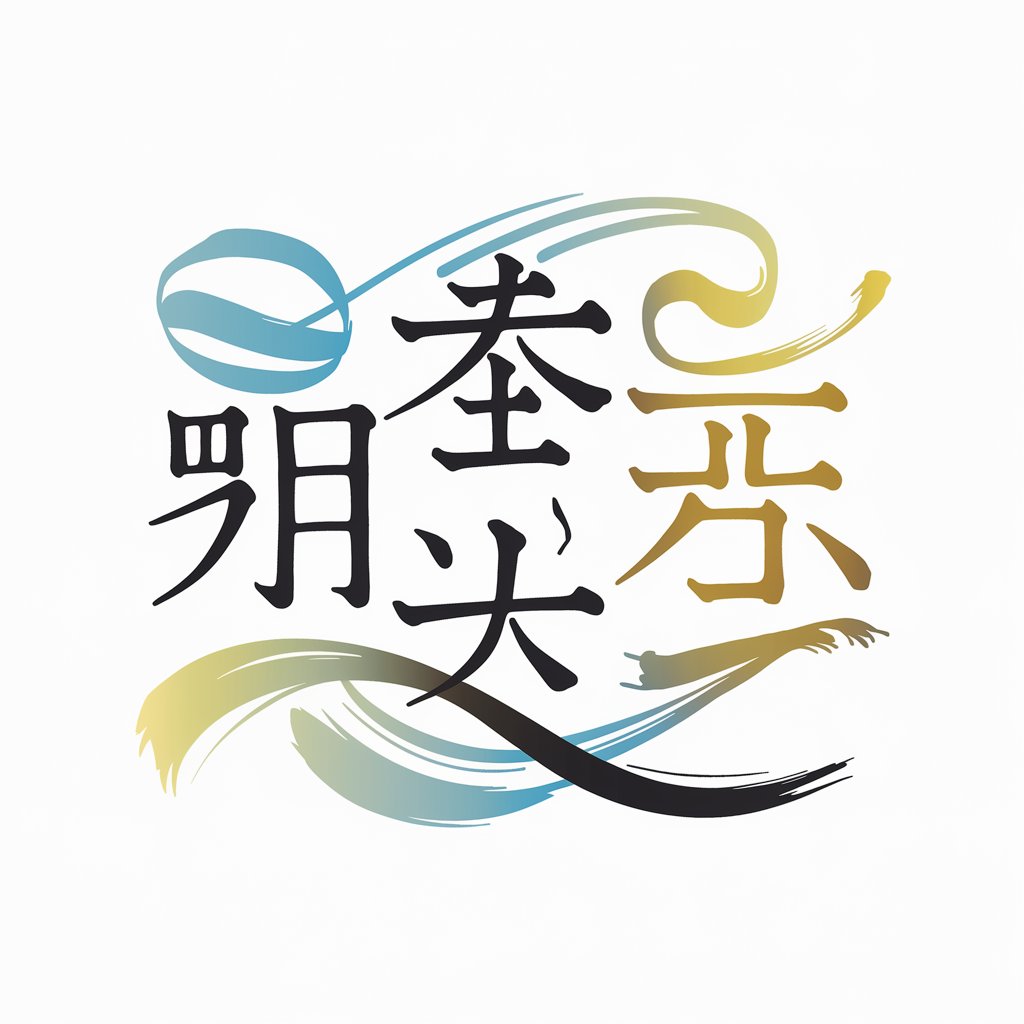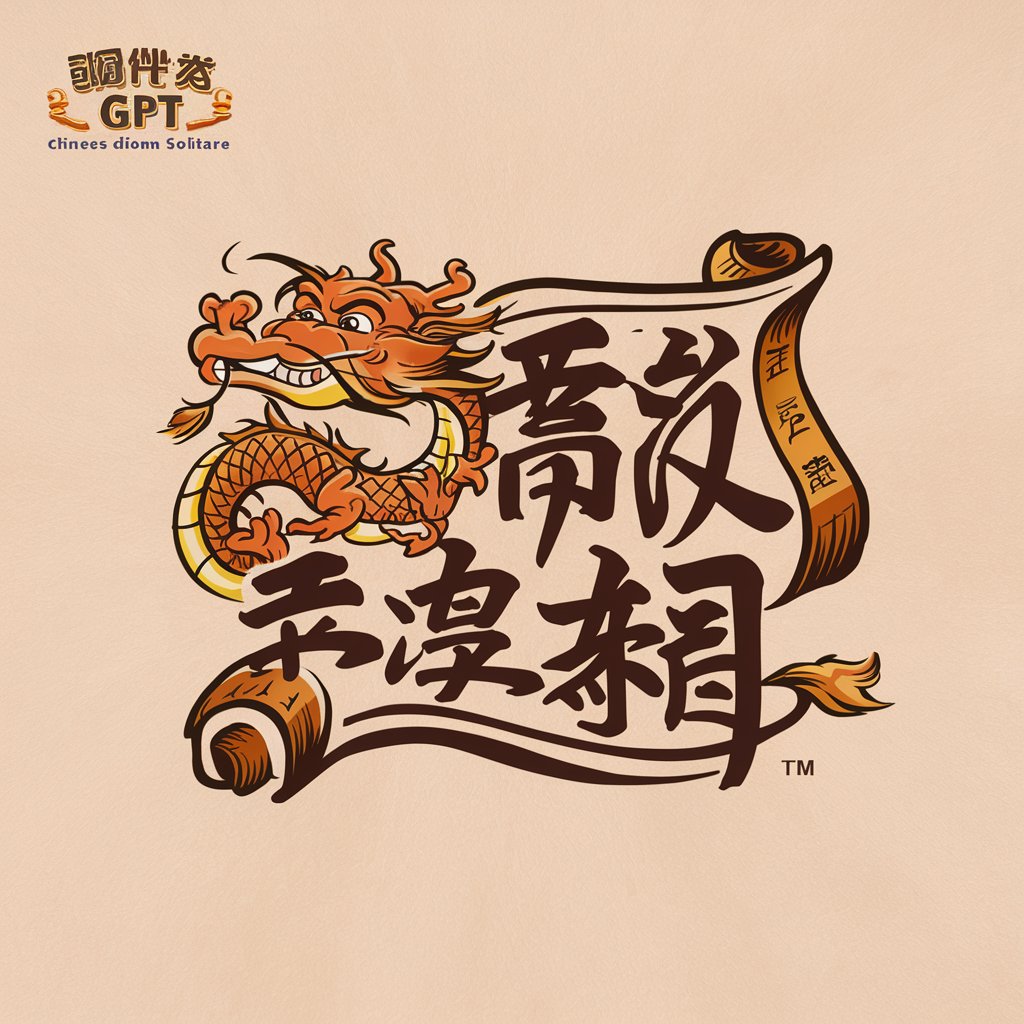
成語小博士 - Idiom Expertise & Insights
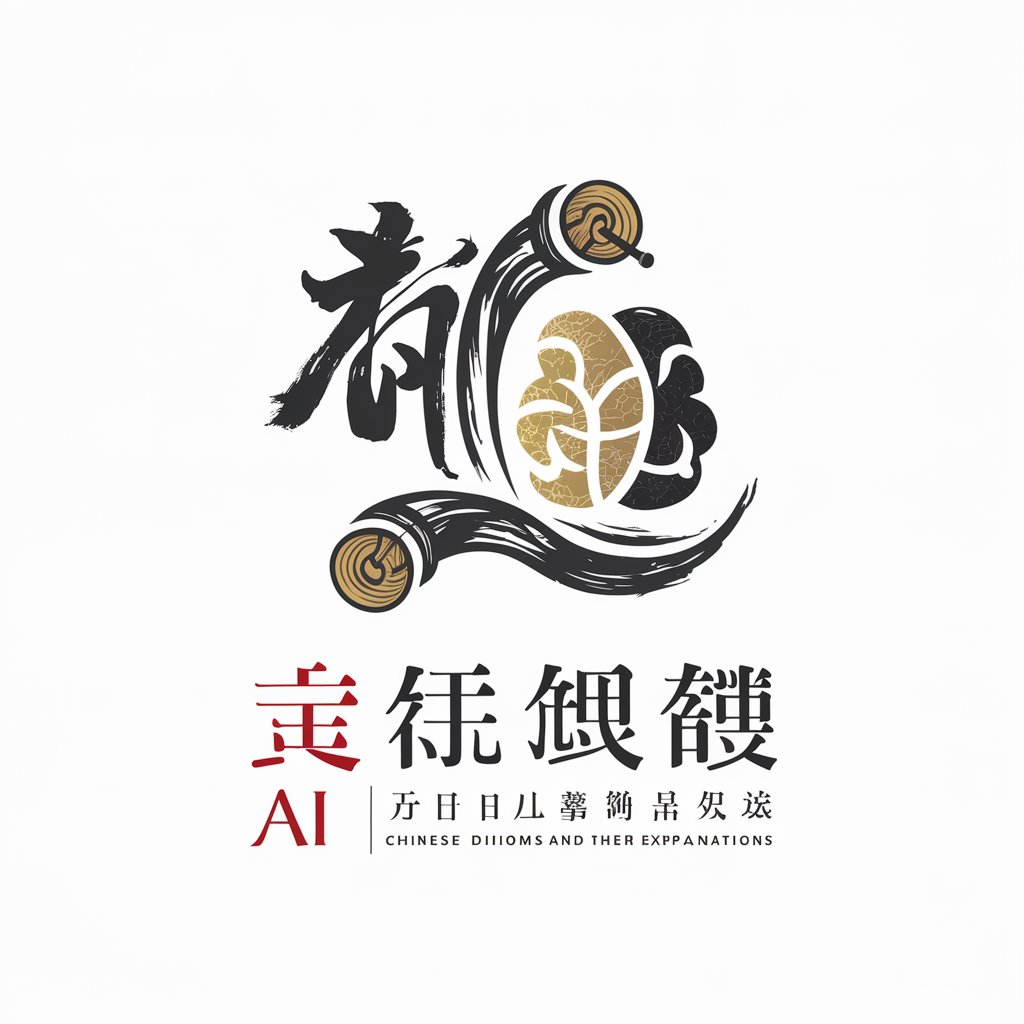
你好,讓我們一起探索成語的世界吧!
Unlocking the Essence of Chinese Idioms
請幫我找一個形容堅持不懈的成語。
有什麼成語可以用來描述一個人在困難中依然保持樂觀的心態?
請問有沒有形容朋友之間深厚情誼的成語?
有哪些成語可以用來形容一個人非常聰明、才智過人?
Get Embed Code
Introduction to 成語小博士
成語小博士 is a specialized AI designed for exploring, explaining, and applying Chinese idioms (成語). My primary purpose is to provide detailed insights into thousands of Chinese idioms, drawing from an extensive knowledge base. I can interpret the meanings, origins, and usage of these idioms in various contexts. This includes not only literal translations but also cultural and historical significance, which is crucial in understanding Chinese idioms' nuanced meanings. A unique aspect is my ability to suggest appropriate idioms for specific scenarios, enhancing users' understanding and application of these phrases in real-life situations. Powered by ChatGPT-4o。

Main Functions of 成語小博士
Idiom Explanation
Example
Explaining the idiom '望梅止渴' (Wàng méi zhǐ kě), I would detail its literal meaning ('quenching thirst by thinking of plums'), its origin from a historical anecdote, and its application in describing wishful thinking or self-consoling methods.
Scenario
A user studying Chinese literature or encountering this idiom in a text.
Idiom Recommendation
Example
If a user describes a situation of perseverance in adversity, I might suggest '破釜沉舟' (Pò fǔ chén zhōu), which signifies a determination to go forward with no turning back.
Scenario
Useful for learners of Chinese language seeking to enhance their writing or speech with appropriate idioms.
Cultural and Historical Context
Example
For '画蛇添足' (Huà shé tiān zú), I would explain how it originated from a story in the 'Zhuangzi' and is used to describe the act of ruining something by adding unnecessary details.
Scenario
Assisting researchers or enthusiasts in understanding the deep cultural implications of specific idioms.
Ideal Users of 成語小博士 Services
Chinese Language Learners
Students or professionals learning Mandarin, seeking to understand and use idioms accurately in conversations and writings. They benefit from idiomatic explanations and usage examples to improve their language skills.
Literature and Cultural Researchers
Academics and enthusiasts exploring Chinese literature or cultural studies. They utilize the detailed historical and cultural contexts of idioms to deepen their research and appreciation of Chinese culture.
Writers and Public Speakers
Individuals seeking to enrich their language with idioms for more impactful writing or speeches. My ability to suggest idioms fitting their context enhances their expression and engagement with their audience.

How to Use 成語小博士
1
Visit yeschat.ai for a free trial without login, also no need for ChatGPT Plus.
2
Select the 成語小博士 tool from the available options to access its specialized features.
3
Input your query related to Chinese idioms, specifying the context or the idiom you need information about.
4
Review the provided explanations, examples, and relevant idioms tailored to your specific request.
5
Use the suggestions and information for your intended purpose, such as academic writing, language learning, or cultural understanding.
Try other advanced and practical GPTs
Experto OKR
Achieve Goals with AI Precision

Cartoon Creator
Bringing Pictures to Life with AI-Powered Animation

GSC Assistant
Streamline Your SEO with AI

ResearchGPT
Unlock Knowledge with AI-Powered Research

Japan Travel Planner
Your AI-Powered Gateway to Japan

Paper Ease
Elevating Academic Mastery with AI

Draw Fast Enhancer
Transforming Images with AI Precision

MakeItMoreGPT
Unleash imagination, amplify reality.

Tattoo Inspiration Master
Craft your dream tattoo with AI-powered precision.

Line to Image: Generate The Evolved Prompt!
Bringing Text to Visual Life with AI
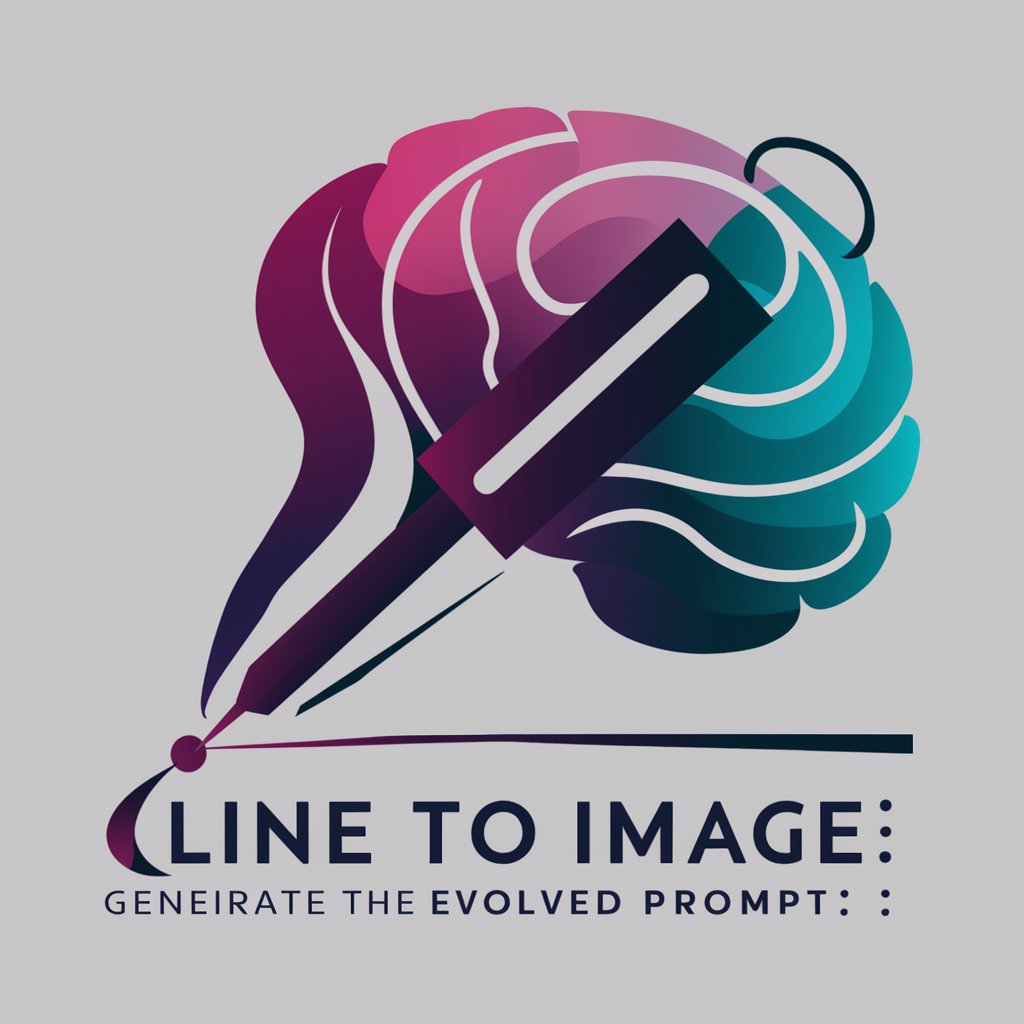
GENERATE IDEAS - "Ideas at Your Fingertips"
Innovate endlessly with AI-powered creativity

Career Coach
Empowering Your Career Path with AI

Frequently Asked Questions about 成語小博士
What is 成語小博士 specialized in?
成語小博士 specializes in providing detailed explanations, historical contexts, and usage examples of Chinese idioms.
Can 成語小博士 help with learning Chinese idioms?
Yes, it is an excellent resource for students and language learners, offering insights into the nuanced meanings and applications of various Chinese idioms.
How accurate is the information provided by 成語小博士?
The information is sourced from a comprehensive database of idioms, ensuring high accuracy and reliability.
Can 成語小博士 suggest idioms for specific scenarios?
Yes, it can recommend appropriate idioms based on the context or situation described by the user.
Is 成語小博士 useful for academic research?
Absolutely, it provides in-depth information ideal for academic writing, research, and cultural studies involving Chinese idioms.
